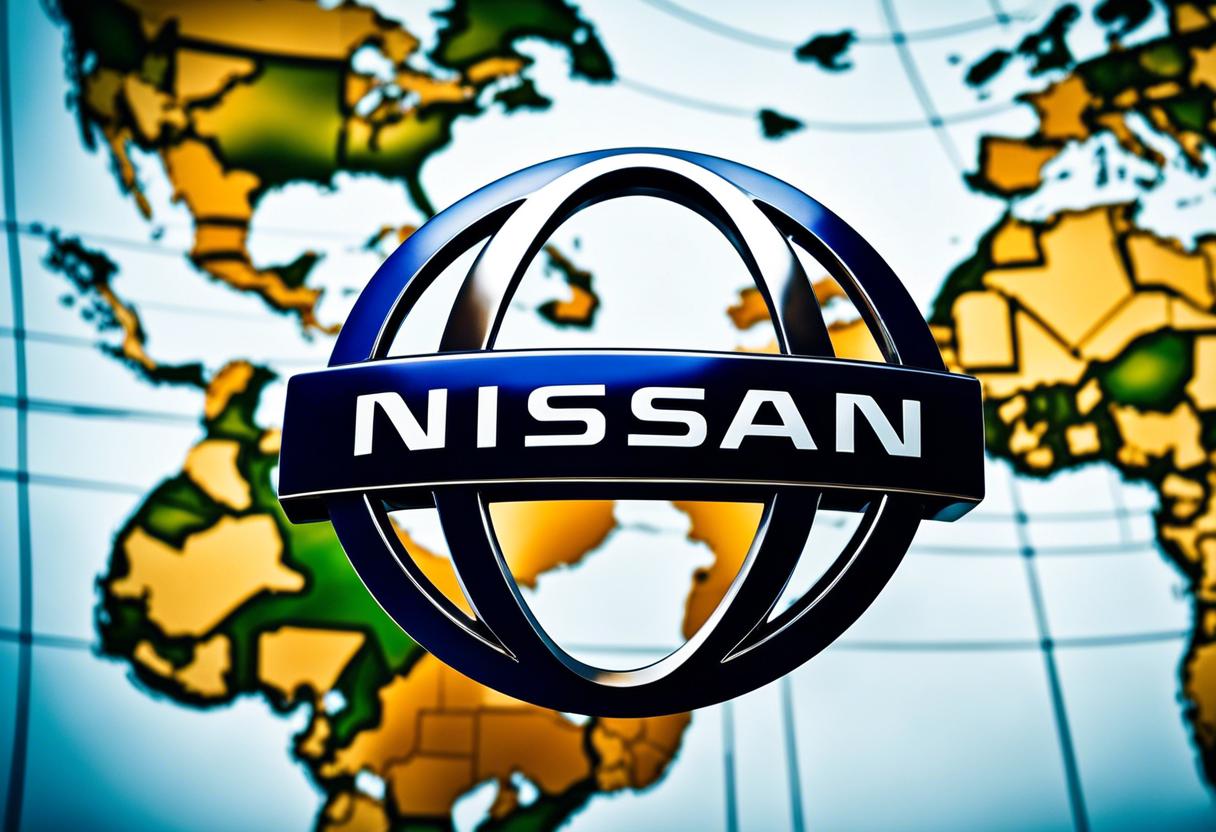Japanese automotive manufacturer Nissan is forging new partnerships and employing innovative manufacturing methods to reduce electric vehicle production costs by 30%, combatting competition from China. Nissan is associated with Renault from France and recently made a partnership with Honda. The enterprise experienced dwindling sales in China and is facing the challenge of manufacturing cost-effective battery-powered automobiles.
A corporate strategy unveiled by Nissan after extended delays discusses the financing plans for constructing new technologies for an enterprise of this scale, which sells fewer than 4 million units annually. It is aimed at surging annual sales by 1 million units by the end of fiscal 2026.
According to the strategy, Nissan would release 30 new models in three years, with electric vehicles and hybrids constituting around half of them. Eight “new energy” vehicles would be launched in China, and they would start exporting locally manufactured vehicles from next year onwards.
The company is targeting a sales increase of 330,000 units in North America by fiscal 2026, compared to 2023. Moreover, India is envisioned as a key hub for car exports. They also have plans to introduce an electric vehicle powered by solid-state batteries by fiscal 2028.
Nissan’s CEO, Makoto Uchida, stated in response to significant market instability, that Nissan is devising assertive strategies under the newly revealed plan to ensure consistent growth and profitability. This new business approach was proposed after Nissan astounded investors by forming a collaboration with traditional opponent Honda to create electric vehicles, to tackle the imminent influx of high-tech, low-cost models from China.
Nissan will continue its longstanding alliance with Renault and Mitsubishi Motors in selected markets like Europe, Southeast Asia and Latin America. Despite the French carmaker recently reducing its 43% stake in Nissan to 15%, this has raised questioning about the future of this trilateral partnership.
Nissan aims to lower the prices of electric vehicles and still maintain profit by developing family group models, conjunction components, lowering procurement expenses, and advancing battery technology. Its goal is to equalise the production costs of electric vehicles to those of conventional combustion engine vehicles by fiscal 2030.
In a recent analysis, the Boston Consulting Group deduced that automakers presently incur a loss of approximately $6,000 (£4,830) per electric vehicle sold in the US, for a price of about $50,000 (£40,252), when factoring in consumer tax reductions. This comes as more drivers make the switch to electric vehicles.
Nissan, in February, lessened its yearly sales projection for the fiscal year concluding in March from 3.7 million down to 3.5 million vehicles, owing to sales not meeting their anticipated figures in China, the US, and Europe.
Experts indicate that the forthcoming business strategy needs to tackle the situation on how the firm will strengthen its procedures, beyond China, especially in the US. Here, Nissan was unable to take advantage of a surge in hybrid vehicle sales, owing to an inadequate range of offerings. – The rights of this text are reserved by The Financial Times Limited 2024.

